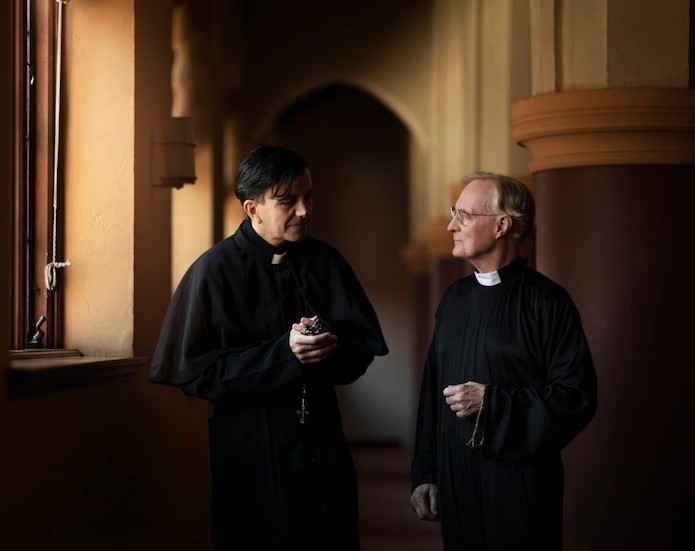
The Difference Between Pastor and Priest
In the domain of religious leadership, the titles “pastor” and “priest” are often used interchangeably, yet they carry different meanings and roles within different religious traditions. Understanding these differences is essential for fostering interfaith dialogue and appreciating the unique contributions each role makes to its respective community. Shop Cassock for Pastor
Historical Context
The origins of the titles “pastor” and “priest” can be traced back to the historical development of various religious traditions. “Priest” finds its roots in the Latin word “presbyter,” meaning elder, reflecting a position of spiritual authority and service. On the other hand, “pastor” is derived from the Latin word for shepherd, emphasizing the role of guiding and caring for a flock.
Roles and Responsibilities of Pastor & Priest
- A pastor is a spiritual leader commonly associated with Protestant Christian denominations. Pastors play a pivotal role in guiding their congregations, preaching sermons, providing pastoral care, and fostering a sense of community. They are often considered equals among the congregation, sharing leadership responsibilities with other elders or leaders. Shop Cassock for Pastor
- Priests, on the other hand, are typically associated with Catholic, Orthodox, and Anglican traditions. The role of a priest is often sacramental and liturgical, with responsibilities including conducting Mass, administering sacraments, and providing spiritual guidance. In hierarchical structures, priests may serve under the authority of bishops, who hold a higher ecclesiastical rank. Shop Cassock for Priest
Sacraments and Rituals of Pastor & Priest
- Pastors in Protestant traditions typically focus on preaching the Word of God, administering baptism and communion, and leading worship services. The emphasis is on the spoken word and community engagement. Shop Cassock for Pastor
- Priests, especially in Catholicism, are integral to the administration of sacraments. They lead Mass, perform confessions, and preside over ceremonies such as marriage and last rites. The sacramental aspect of the priesthood holds a central place in the spiritual life of Catholic and Orthodox communities. Shop Cassock for Priest
Marriage and Celibacy of Pastor & Priest
- In many Protestant denominations, pastors are often allowed to marry and have families. Celibacy is not a requirement for those entering pastoral ministry.
- Traditionally, priests in the Roman Catholic Church are expected to embrace celibacy, although exceptions exist, especially in some Eastern Catholic and Orthodox traditions where married men can become priests.
Place of Worship for Pastor & Priest
- Pastors commonly lead congregations in churches or community spaces, reflecting the decentralized and diverse nature of Protestant worship.
- Priests often officiate in churches, cathedrals, or basilicas, places that may be architecturally and symbolically significant. The setting emphasizes the sacred nature of the rituals performed.
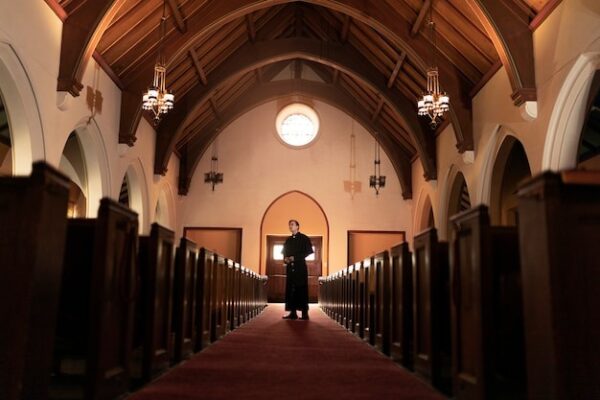
Interpretation of Scripture Pastor & Priest
- Protestant pastors often encourage personal interpretation of scripture, emphasizing the individual’s relationship with God. Congregants may engage in Bible study and reflection as part of their spiritual growth. Shop Cassock for Pastor
- In Catholicism and Orthodoxy, interpretation of scripture is guided by tradition and the Magisterium. Priests play a role in providing authoritative interpretations, maintaining continuity with historical teachings. Shop Cassock for Priest
Ecclesiastical Hierarchy of Pastor & Priest
- Pastors may operate within a relatively flat ecclesiastical structure, especially in denominations with congregational governance. Leadership is often shared among a group of elders or leaders.
- Priests typically operate within a hierarchical structure, where authority is structured in layers. Bishops oversee priests, maintaining a chain of command that extends to higher ecclesiastical authorities.
Attire and Vestments for Pastor & Priest
- Pastors often wear casual or business attire while conducting services, reflecting the informal nature of many Protestant worship settings.
- Priests wear distinct liturgical vestments, emphasizing the sacredness of their role. Vestments vary based on the occasion and liturgical season, adding a visual layer to the religious experience.
Religious Importance of Pastor & Priest
- Protestant pastors may place a strong emphasis on personal faith, salvation through grace, and the individual’s direct relationship with God.
- Catholic and Orthodox priests often focus on sacraments, liturgy, and the communal nature of worship, emphasizing the importance of the Church as a mediator of grace.
In essence, while both pastors and priests serve as spiritual leaders, their roles, responsibilities, and theological emphases differ based on the traditions they represent. Understanding these differences fosters a more inclusive and informed perspective on the rich tapestry of religious leadership across various faith communities. Whether one is a shepherd guiding a Protestant congregation or a celebrant administering sacraments in a Catholic parish, both pastors and priests play vital roles in nurturing the spiritual well-being of their communities.



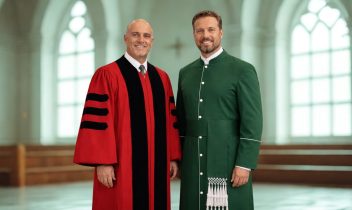
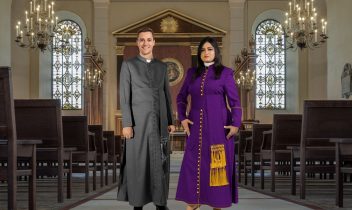
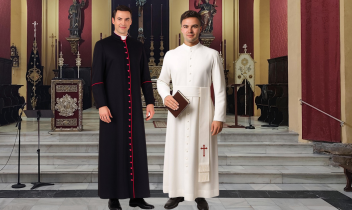
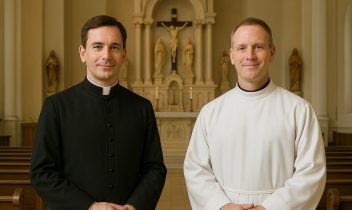
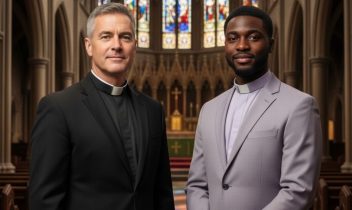
Add comment
You must be logged in to post a comment.